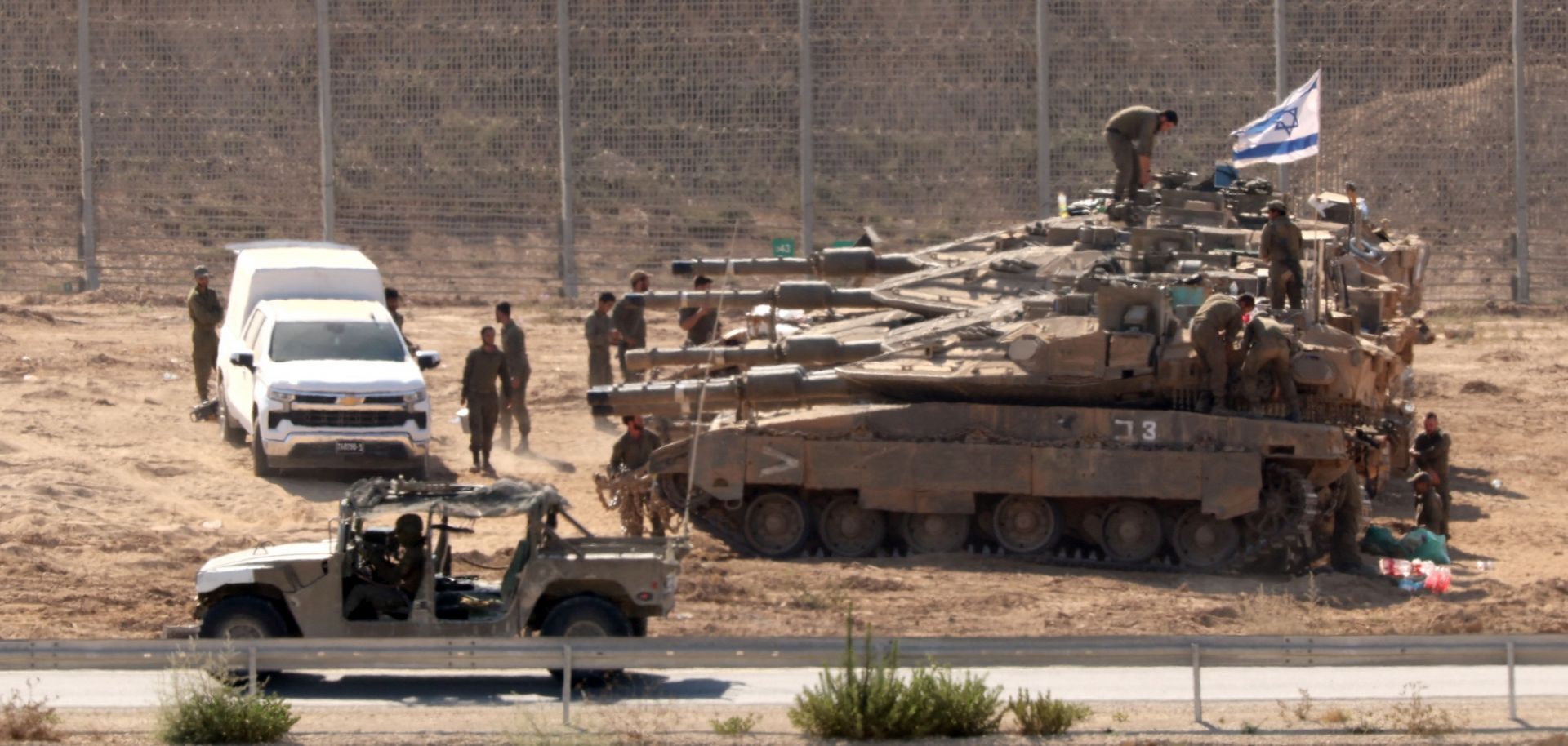For Israel, reoccupying Gaza would be expensive, spur domestic backlash and deepen the country's diplomatic isolation, which would make the strategy politically difficult to sustain in the likely case that a new Israeli government is elected next year. On Aug. 5, Israeli media reported that the government of Prime Minister Benjamin Netanyahu is preparing to approve plans for a full-scale reoccupation of the Gaza Strip, taking control of approximately 25% of the territory that the Israeli military has not yet conquered in the course of the nearly two-year-long war against Hamas. The reports suggested that Netanyahu had given up on ceasefire talks with the Palestinian militant group and believes that a full-scale military reoccupation is necessary to end the conflict, even if it risks the lives of the roughly 20 Israeli hostages believed to still be in Gaza. The news quickly drew criticism from Israeli opposition leader and former prime...

